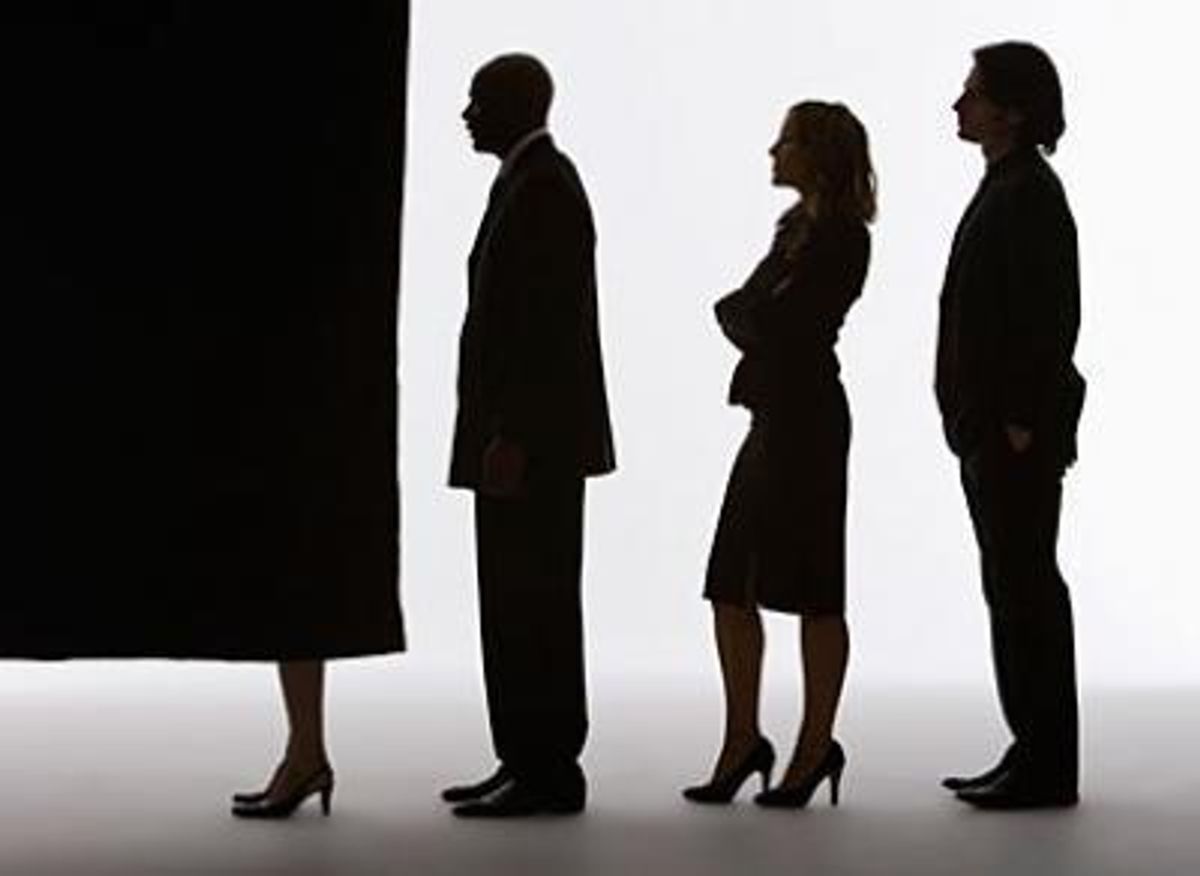Voters in Maryland favor the marriage equality law that will be on the ballot this November by 54% to 40%, putting the law in a "very strong position to pass," according to a new poll released Thursday.
The survey from Hart Research Associates, conducted in late July, showed a six-point increase in the support margin from this past March, when voters favored the law 51% to 43%. Voters in favor also expressed more intensity of feeling, with strong "for" support at 43% and the strong "against" position at 35%, compared to 39% to 38% five months ago. A near majority of voters also rated the measure as "extremely important," with 66% of that group saying they want to see the law upheld.
"We continue to have the momentum," said Josh Levin, campaign manager for Marylanders for Marriage Equality, the coalition working to pass the measure. "Voters are having conversations on marriage around the dinner table and are agreeing that people should be treated fairly."
The news release from the coalition said the group raised $250,000 in one night a few weeks ago and has begun direct voter contact across the state.
Hart Research also looked at the stance of African-Americans, who make up one third of the voters in Maryland. According to their results, African-American voters went from opposing the measure 40% to 49% in March to being almost evenly divided now at 44% to 45%. White voters moved less dramatically, from favoring the law 53% to 42% to favoring it 54% to 41%.
"The bottom line is that a November win for marriage equality at the ballot box in Maryland is well within our grasp," said a polling memo released by the coalition. "Both overall support and the intensity of the support have increased, and, in particular, President Obama's strong affirmation of marriage equality has resulted in a durable shift in attitude among African-American voters."
Frank Bruni at The New York Times received an advance look at the findings, and he wrote that advocates were "cautiously optimistic" that Maryland could be among the first states to approve marriage equality by referendum this year. Maine and Washington will also be voting on marriage equality laws, while voters in Minnesota face a vote on a constitutional ban.
Gov. Martin O'Malley, who pushed for the law this year, told Bruni that he believes Marylanders will uphold the measure, saying, "I believe that the people of our state are supportive of protecting religious freedom and human dignity and protecting every child's home equally under the law."
What voters tell pollsters, however, can belie how they actually vote, as Bruni writes about Maine in 2009. Voters there contradicted advance surveys and repealed a marriage equality law. Opponents also have a history of entering the campaigns at the last minute, and the votes can reflect "the passion of one side, along with the resources and tactics it uses to maximize turnout, as much as the truest sentiments of all citizens."


















































































Viral post saying Republicans 'have two daddies now' has MAGA hot and bothered